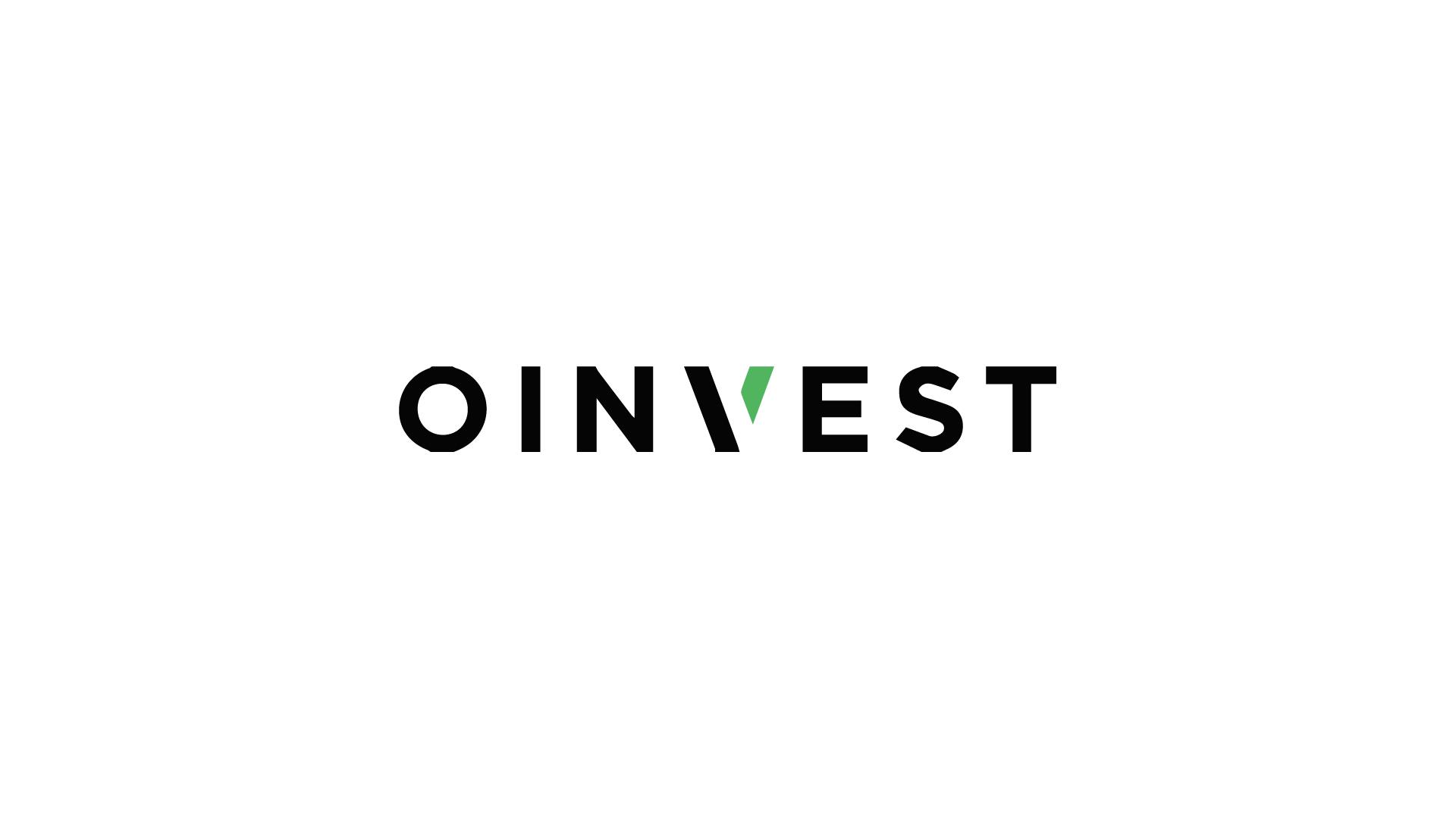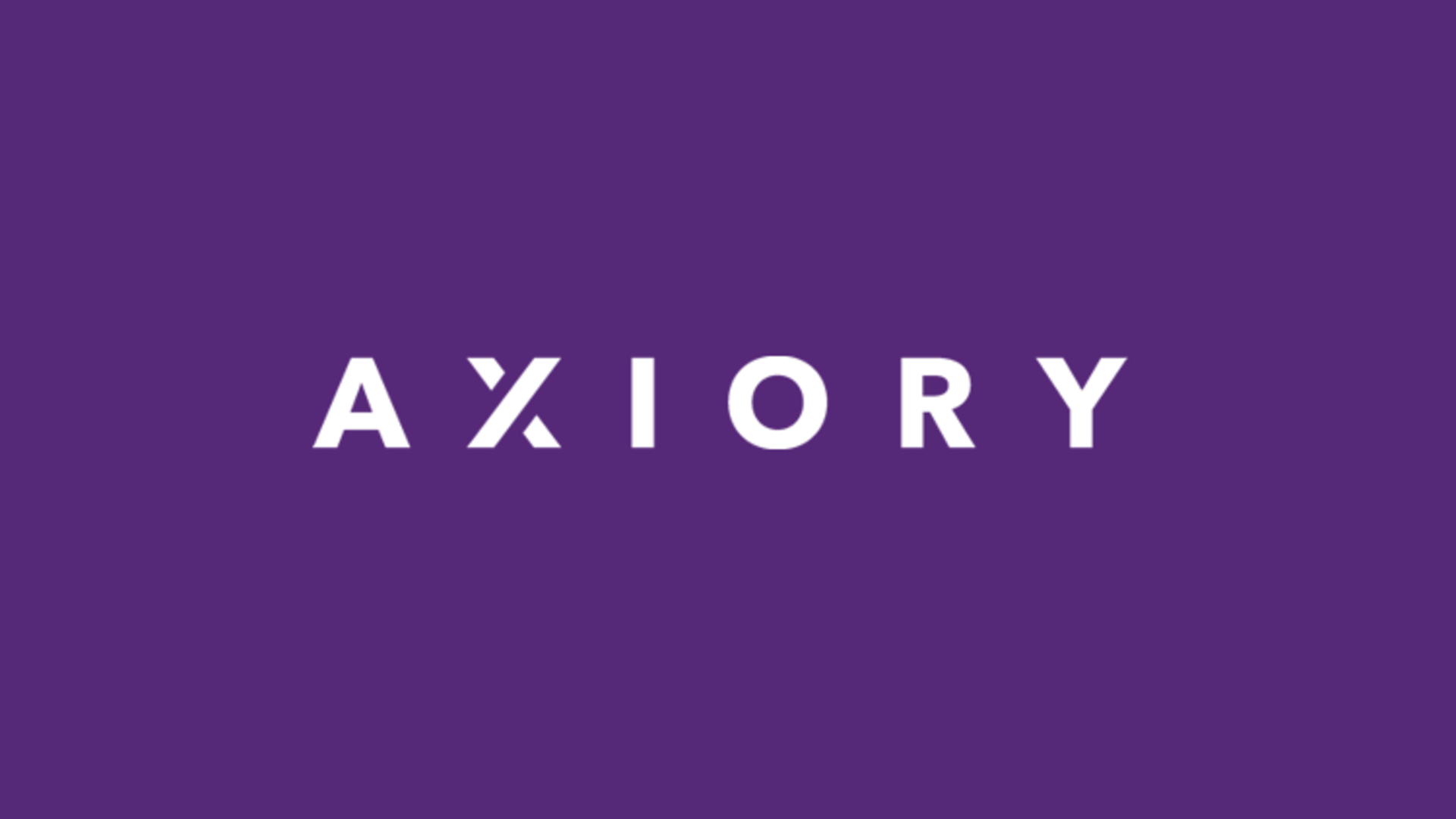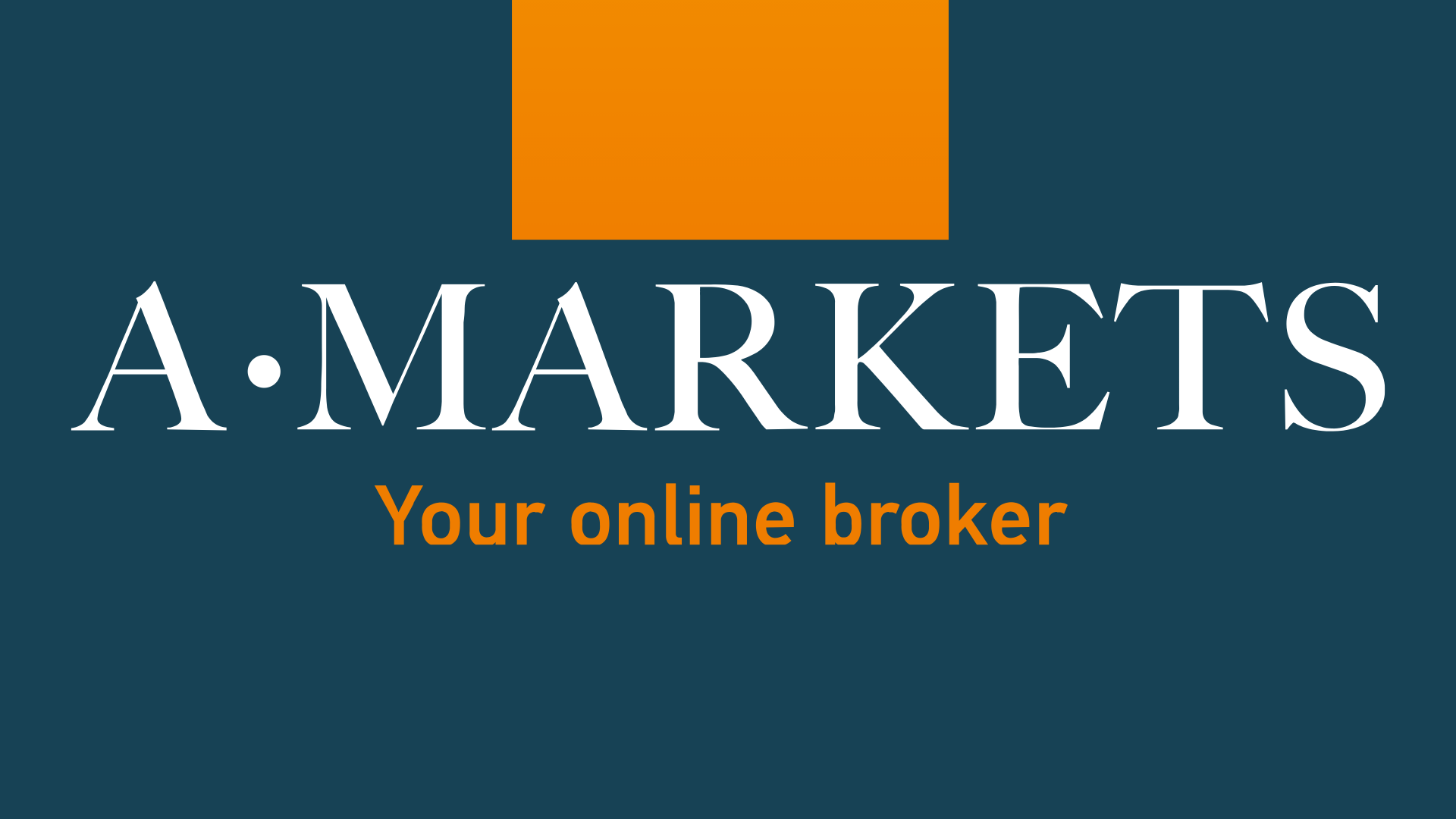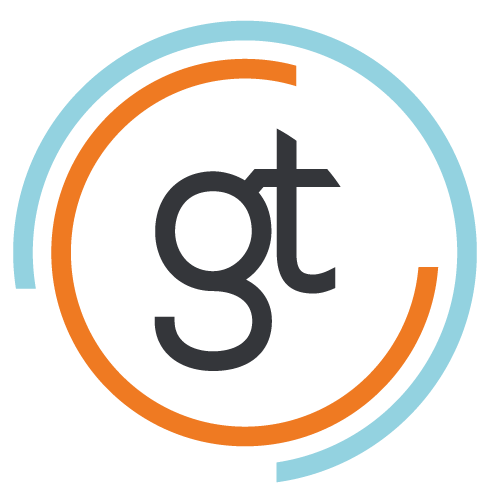Contents
There are many great “trading capitals in Europe”, and they are among the best of the best when it comes to quality, reliability, and standard of service. Among those countries, Norway is definitely among the very top of these countries and serves as home to many traders who are looking for the best of the best conditions to do Forex.
Norway has achieved this by focusing on key important characteristics of any Forex market, such as regulation, quality of the service, setting reasonably high standards for the brokers, and maintaining the strength of the country’s economy and national currency. As Norway was phenomenally successful in maintaining a very strong economy and the condition of its financial market, it’s obvious to see why it would be so successful and have such an amazing Forex market. Despite these benefits, it’s very curious that trading is not all that popular among Norwegian people, at least compared relatively to the other countries. However, as mentioned, this is not because of some kind of a flaw, or any particular reason.
In this guide, we will be taking a quick overview of the Norwegian Forex market, talk about how exactly it operates in terms of its regulatory environment, what are the specifics of the market, who guarantees your safety, what to expect in general, and more. If you are looking for a general guide that will help your trading goals on the right path, then this guide is for you.
Who are the top Forex brokers in Norway?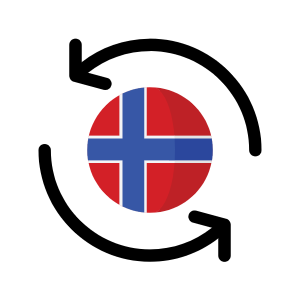
As a very successful and thriving Forex market, Norway obviously attracts a lot of brokers, especially the international ones who are looking to expand. With so many brokers offering themselves to the market, it’s understandable that many people may have some trouble with choosing which exact broker to go with. After all, even if you read a bunch of reviews, there will always be a lot of differing opinions, and many other things that simply can not be taken into account.
However, we believe that our list of top Forex brokers in Norway will be a huge help to you. Why? Because we have reviewed dozens upon dozens of brokers worldwide, and we know exactly what makes a good broker that can provide great service to its clients. If you are looking for a broker with whom you can trade safely, securely, and have the highest chances of being successful, then we encourage you to give the brokers below a try, and we can guarantee that you will find at least one of them which will be an ideal fit to you!
XM
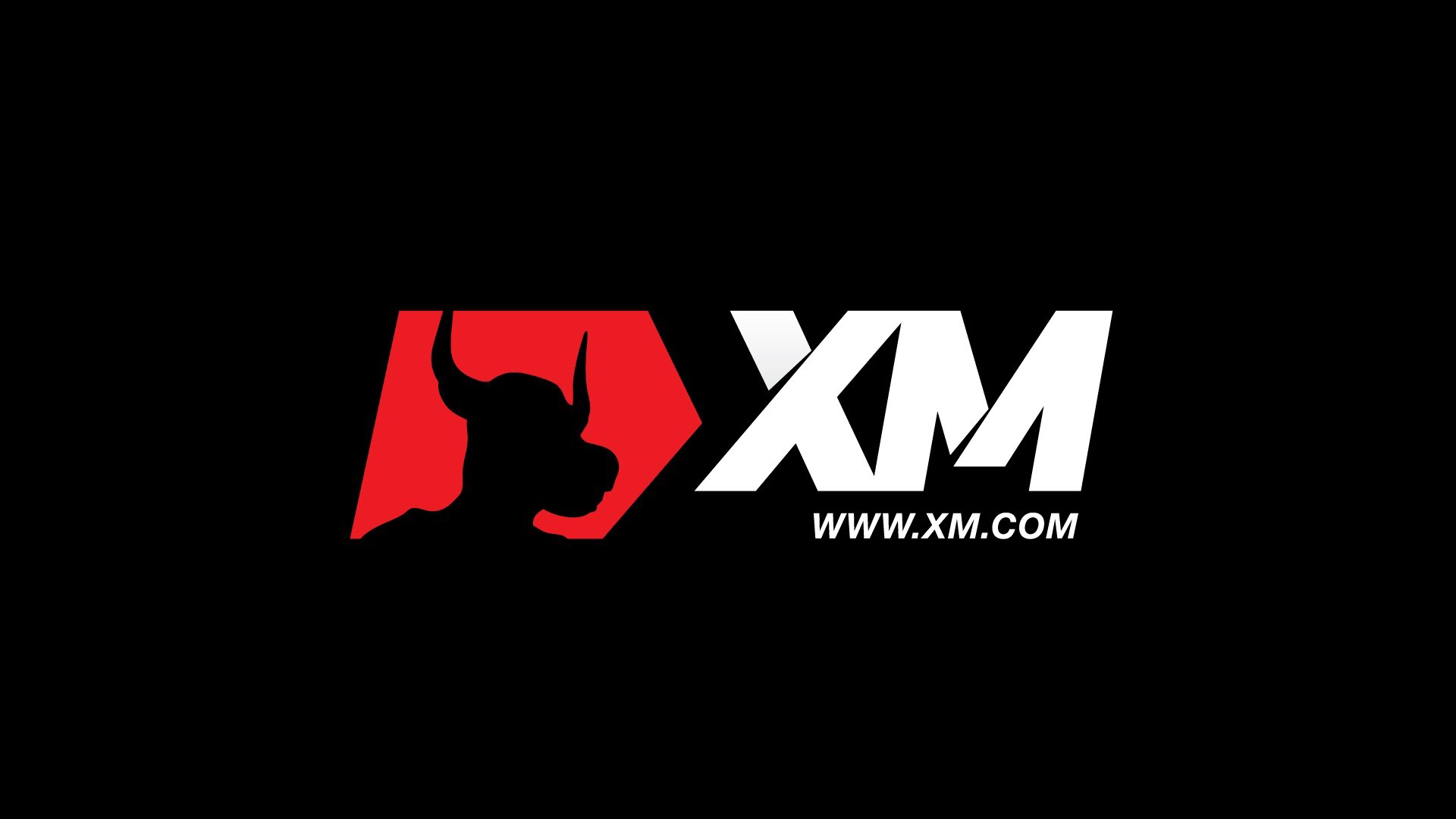

Min. Depo
$5

Licences
FCA, CySEC, IFSC, ASIC, DFSA

Leverage
1:888

Platforms
MT4, MT5, WebTrader
AvaTrade


Min. Depo
100 USD

Licences
ASIC, FSA, FSCA, FFAJ, FSRA, FSC

Leverage
400:1

Platforms
MT4, MT5
Exness
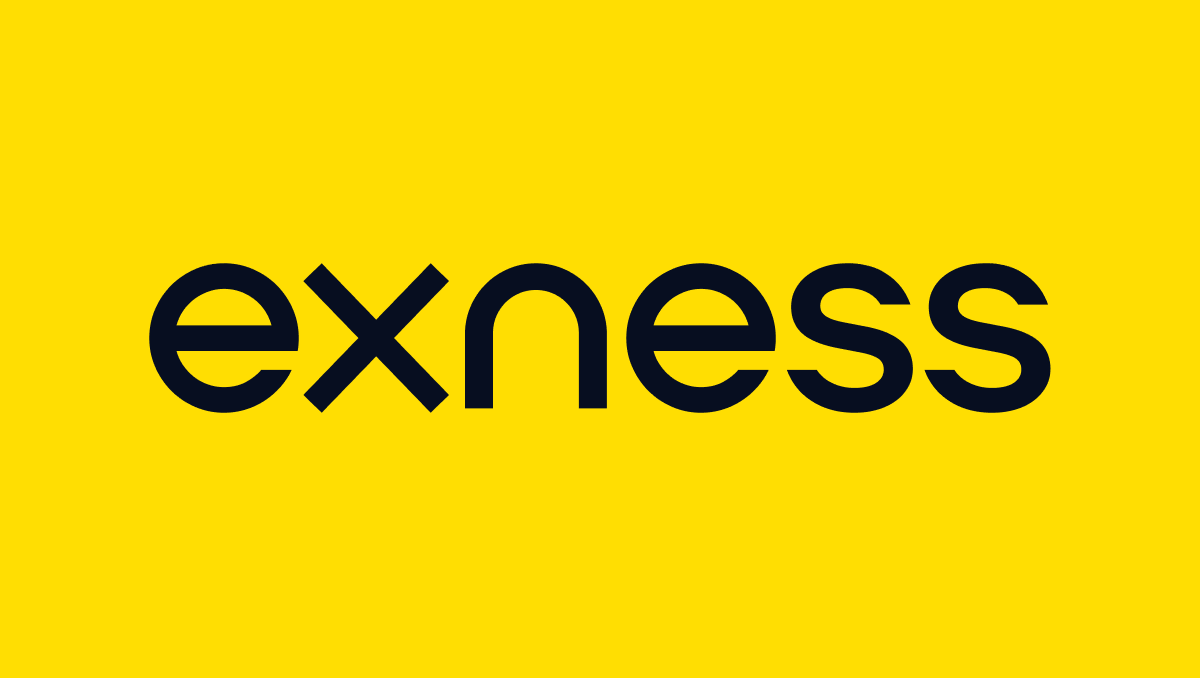

Min. Depo
$10

Licences
CySEC, FCA, SFSA

Leverage
1:2000

Platforms
MT4, MT5
FundedBull
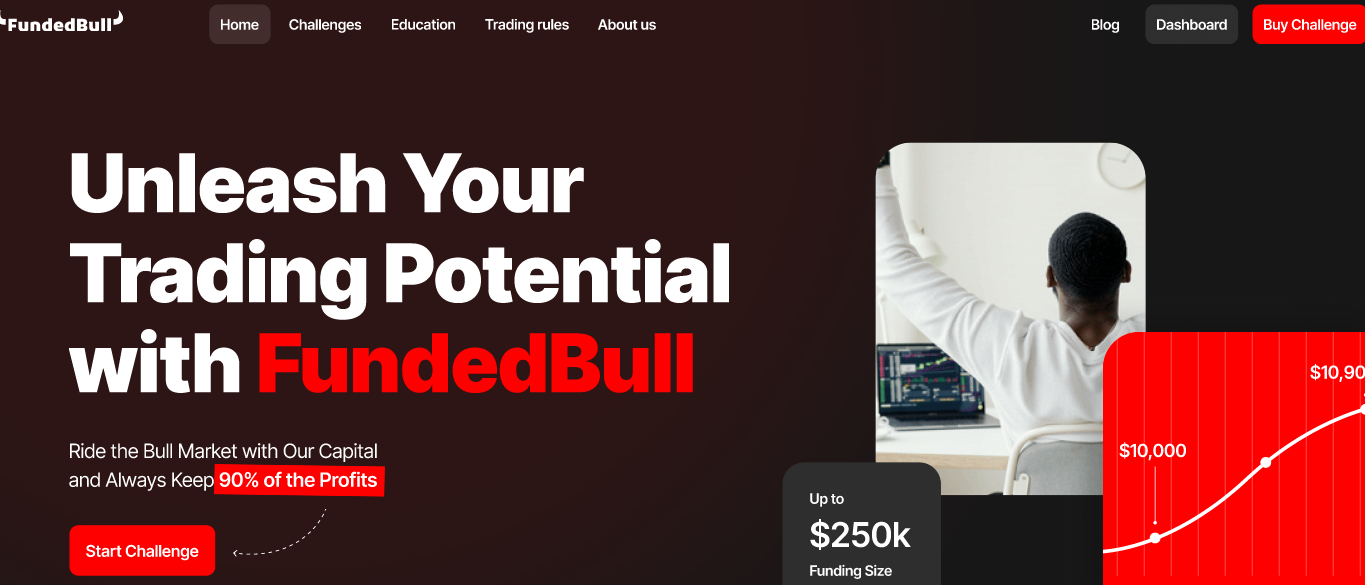

Min. Depo
49 USD

Licences
N/A

Leverage
N/A

Platforms
MT4, MT5, cTrader
Forex.com
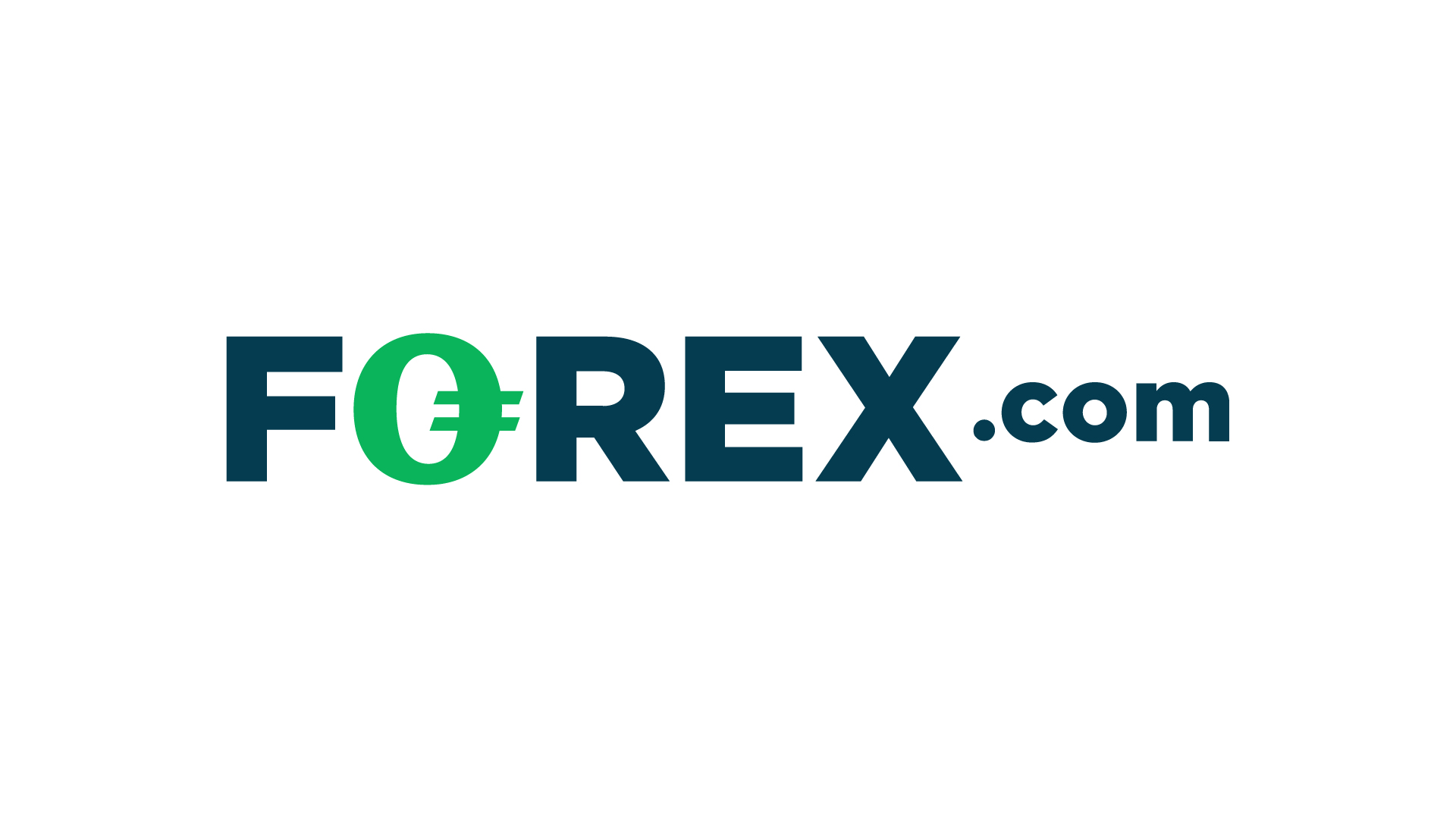

Min. Depo
$100

Licences
NFA, CFTC, FCA, FSA, IIROC and CIMA

Leverage
1:50

Platforms
WebTrader, MT4, MT5
CMTrading

Min. Depo
250 USD`

Licences
FSCA

Leverage
1:200

Platforms
MT4, WebTrader, Copykat
Plus500
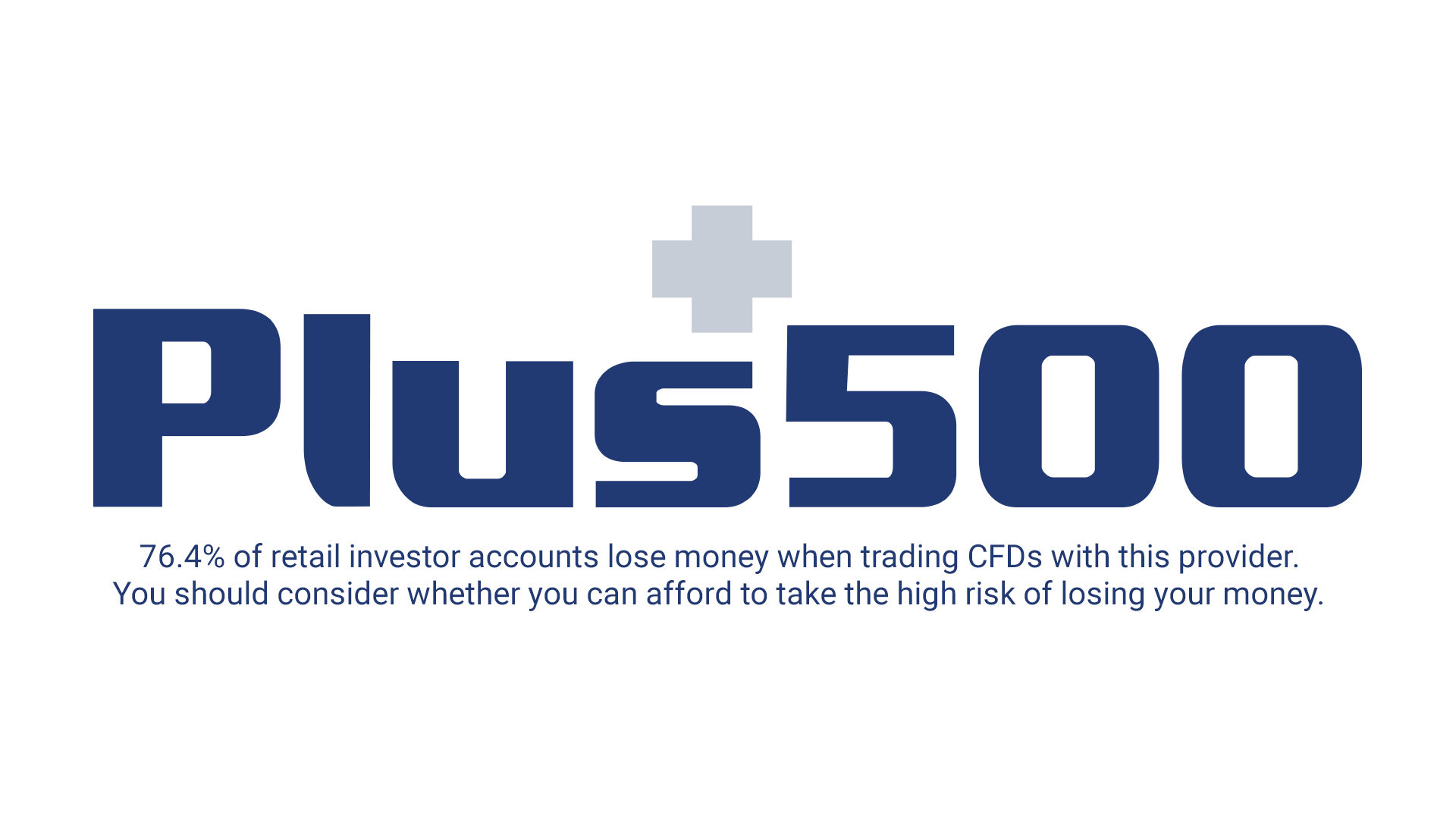

Min. Depo
$100

Licences
FCA, ASIC, CySEC, FSCA, FMA, MAS

Leverage
1:30

Platforms
WebTrader, Windows 10 Trader
Forex regulation in Norway – Who regulates the Norway based Forex brokers?
We have seen time and time again, that one of the most important things for any Forex market to be successful is to have an effective and strong regulatory environment. Why? Because if the traders want to have the ability to stay safe and secure, as well as be able to rely on the brokers for their success, it’s vital to have effective regulatory practices and laws in place. This is the only way to make sure that the brokers are given necessary oversight and supervision to perform on the level that they have to, as well as in an enough of an ethical manner to make sure that they’re not endangering the clients. Norway understands this perfectly, and that’s why they have one of the best Forex regulators in the world. What exactly is this regulator, and how does it work?
Finanstilsynet/FSA
The official regulatory body for Forex in Norway is Finanstilsynet, which, in English, is known as the Financial Supervisory Authority of Norway (FSA). FSA has many different sorts of functions and responsibilities, and it does an excellent job at all of them. The main goal of the body is to ensure that the brokers are conducting their business in a fair, reasonable, and legal way, not endangering the traders in any way.
FSA controls this in a multitude of different ways and methods, all of which, when taken together, constitute the very regulatory framework that governs the market in the country. What are some of the examples of how FSA controls the brokers and ensures that the standard of safety is maintained on the market?
The FSA license
One of the ways in which FSA manages to differentiate between top brokers is by giving the license to the best of the best. Firstly, it should be noted that it’s not mandatory for a broker in Norway to have a license. So, with that, you may have a question, that if this is the case, then what’s the point of introducing one?
Firstly, although a broker may not be licensed by FSA specifically, they are still required to notify them of their intention of providing the services on the Norwegian market. These foreign brokers, instead of FSA, will be licensed by their respective regulatory bodies, such as FCA in case of the UK brokers, or CySec in case of the brokers based out of Cyprus.
Besides, although the license is not required for the brokerage, the obtainment of the license is still a certain form of assurance for the traders. These licenses have their specific requirements and conditions, the fulfillment of which can serve as a quite solid form of argument for the credibility of the broker. No matter how many positive reviews you read online of a certain broker, nothing quite reassures you as an official stamp of approval from the very government of yours. As such, brokers in Norway that are licensed by the FSA have a sort of prestige that the non-licensed brokers simply don’t have. If you are looking for your own safety, it’s always a better idea to go for an FSA-licensed broker.
Does this mean that you should disregard any and all brokers that don’t have the FSA license? Absolutely not. If you know for a fact that the broker is legitimate, trustworthy, and reliable, then no problem, feel free to trade with them. However, if everything else is equal, and you have to make a choice between two almost identical brokers, between whom only one is FSA-licensed, it always makes sense to go with that one. If nothing else, at least you can expect full support from your government in case of getting into a troublesome situation with your broker, and your dispute will be dealt with based on the local laws and regulations, which can be a huge help.
With all that being said, what are some of the examples of how FSA manages to keep the standard high on the market? What are specific requirements and laws that it imposed on the brokers, which took the market into a positive direction?
Your funds are kept safe in a separate account
One very common practice among many different regulatory bodies all across the world is the requirement for the segregation of clients’ funds. In other words, the brokers are required by law to hold the funds of the clients in separate bank accounts from the ones where they have their operating capital.
How does this provide you with safety? Well, for one, it makes sure that the broker will not be misusing your funds in any way. It simply removes any possibility of that happening.
Secondly, in case the broker goes bankrupt or loses the money in any other way, your money will be safe in the segregated account, and you won’t be losing your funds.
FSA banned several high-risk trading activities
FSA made an initiative to ban some high-risk trading options, such as very high-risk CFDs. These were a source of a lot of money loss for the traders, and they determined that something had to change. Based on the new rules they introduced, the sale and advertisement of very high CFDs were prohibited, and from now on, any CFD-type of service needs to be offered with extreme caution, as well as full dedication from the broker to educating the customer about exactly what they’re committing to. This means explaining to them the full risks that come with committing to CFDs
Additionally, upon offering CFDs, the brokers are obligated to comply with the “stop-loss policy”, the purpose of which is to mitigate big losses for the investors.
This was not the first time that FSA took this kind of action against high-risk trading options. Not too long ago, they were one of the first countries that completely banned binary options trading. Binary options were one of those things where everyone had lost money at least once in their trading journey. Additionally, upon making close research, many regulators determined, that a lot of binary options companies were involved in fraud and money laundering as well, so they simply had to go.
Limited leverage
Leverage has always been a tricky and controversial subject. On the one hand, many experienced traders who know how to make use of it have always been very eager to go with the brokers that offered the highest possible leverage. On the other hand, while it can definitely be beneficial in the right harms, using high leverage can be extremely risky for the traders who are not experienced, and are not aware of how to make proper usage of it. Because of this, many governments outright banned brokers from offering high leverages. FSA was one of them too, and years ago, they have gone ahead with the official recommendation of ESMA for leverage, which is 30:1.
Not, no matter whats your stance is on the issue of leverage, whether you believe that these limits are good, or if they’re a limiting factor and a nuisance, at the end of the day, you have to understand that they are in place for your own protection, and any kind of a gesture like that from a regulatory body should always be appreciated. This only shows you that in Norway, the government has your own best interests in mind and that you are in the caring hands!
Audits and reporting
FSA also always makes sure that the brokers that are licensed are constantly reviewed and reexamined. This is to ensure that they are always following the relevant rules and laws that are in place. How is this controlled? Mainly through the audits and reviews that the FSA and brokers themselves conduct.
The brokers themselves have to conduct these audits and reviews periodically and submit them to FSA for the review. These audits can be of many types, most common being financial reporting. In case it turns out that the broker is failing to meet the necessary requirements, the appropriate action will be taken by the FSA until it is resolved.
Forex regulation in Norway summarised
As you can see, all of these requirements and laws have one thing in common – they are all designed in mind with the goal of improving the safety, security, and standards of the market for the traders. As a Norwegian trader, you can rest assured that there are competent authorities working very hard to make sure that you have the best trading conditions possible. Thanks to the great efforts by the FSA, not only do you get some of the highest quality of the Forex environment, but you get to enjoy it in full safety and security!
What can you trade on with Norway Forex brokers?
As a country that is very advanced, both technologically and economically, Norway is able to offer some really good variety of options to trade on. No matter what kind of trading experience you are looking for, you shouldn’t have any problems finding it in Norway! With that being said, there are two of the trading avenues in Norway that you can explore with the greatest benefits. Let’s briefly discuss them below.
Currency trading
There are some really interesting and lucrative trading options for currency trading in Norway. The national currency is the Norwegian Krone, with the abbreviation of NOK. The currency, despite Norway’s economy not being that huge, is traded quite frequently. Norway has seen an extremely big budget surplus years ago, thanks to its oil reserves. After they created their “sovereign reserve” exceeding $1 million in value, many believe that the Norwegian currency is now a “safe haven” for trading. On the other hand, many disagree with this notion, stating that Norway’s economy is too small, and these funds are over-reliant on oil.
Whatever your opinion of Norway’s economy is, the fact is undeniable, that there is a lot of profit to be made with currency trading in Norway. Whether you are interested in trading USD/NOK or EUR/NOK, the options are abundant. All you have to do is a little bit of research, make your choice, and trade away!
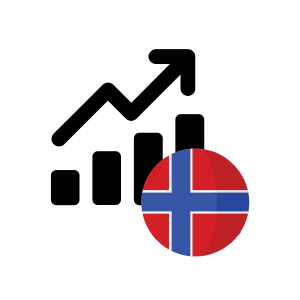 Oil trading
Oil trading
If trading oil is something that really interests you, then you are definitely in the right place. Why? Because Norway has one of the best oil trading markets in the world. The very sovereign reserve that we referred to above is based on the fact that the country has so much oil. It’s even referred to as “the oil fund” by many. Needless to say, there are huge opportunities to make a profit by trading on oil in Norway. The best part is that you are given the stability that you simply can not expect in most other places.
Oil CFDs
With all that being said, perhaps the biggest benefit that Norway offers for oil trading are the oil CFDs. We have mentioned earlier that Norway has banned the advertisement and sales of very high-risk CFDs, but that doesn’t necessarily mean that CFDs are not used at all. On the contrary, they happen to be one of the biggest advantages of the Norwegian Forex market, specifically the oil market in Norway. It’s the unrealistically risky ones that are banned. Within reason, CFDs happen to be one of the best options that the market offers.
As you may already know, CFD stands for contracts for difference, a financial instrument that lets you trade on changes on the price of the options. They essentially let you trade on the price of oil without having to invest in actual physical oil. Obviously, this opens up the doors of oil trading to large amounts of people and is a very popular investment avenue.
There are several types of CFDs that you can take advantage of on the Norwegian Forex market. All of them have their own specific nature and are beneficial in their own ways, depending on what you’re looking for. Let’s have a brief look below:
- CFDs on ETFs: This is probably the most popular form of CFDs, as they are generally the most suitable ones for all sorts of traders. Their main benefit is that they allow trading on oil prices with the lowest amount of required investment. This opens the doors for many people, regardless of if they have a large starting capital or not. If you are a beginner just looking to steadily increase your experience and understanding of the market while trading CFDs, this is probably the best option for you.
- CFDs on WTI or Brent Oil: What you can also do is to trade CFDs on ETFs/listed funds. For the oil market, you have especially many options. You can go for WTI/Light crude CFDs, traded on the New York exchange (NYMEX), or the Brent crude as well, which is traded on the intercontinental exchange. There can be tons of other options as well, depending on which broker you go with. Make sure to do your research to find out what particular opportunities your broker would offer.
- CFDs on Stocks and Shares: This option allows you to trade on CFDs on the shares of companies that are related to crude oil. As an example, you can trade on the shares of Shell, Exxon, BP, and many others.
As you can see, trading on oil doesn’t necessarily have to be scary and difficult! Sometimes, it can be as simple as opening up your account, making your first deposit, and pressing the “buy” button. However, what you have to also remember is that CFDs are a relatively risky financial instrument, and they are heavily scrutinized and moderated by the international regulators for a specific reason – their riskiness. So, before you go ahead with them, make sure to do your due research. Staying safe while trading is very important, and it’s in your own best interest to make sure that you are armed with all the necessary knowledge before making any major investments. This relates to all trading in general, not just CFDs.
Should you trade with Norway Forex brokers?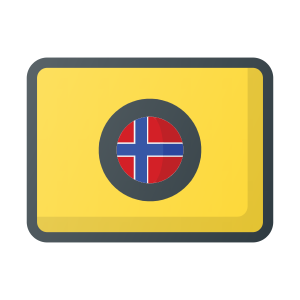
Although there are not many traders in Norway, as compared to the other countries, as you can see, Norway’s Forex market is nothing to sneeze at. For the motivated trader who is willing to put in the work, there are tons of opportunities for making a profit with trading in Norway. Particularly profitable is the currency trading and oil market, specifically because of how much reserves the country has.
If you are a Norway citizen interested in taking your first step in the world of trading, you don’t have to look outwards to the other countries, as you have some amazing options straight at your home! Check out all the brokers that we have displayed on our list for some of the best Forex brokers operating in Norway, and start trading with your personal best broker that will set you up for success right from the get-go!


